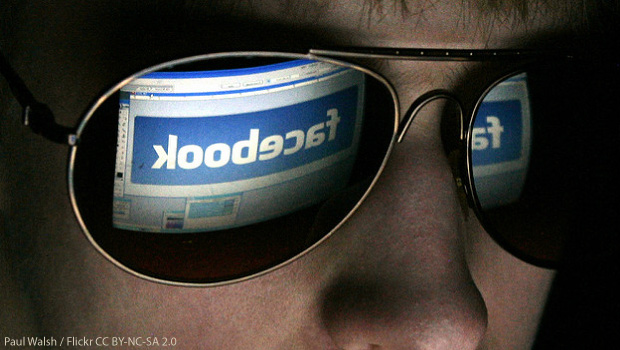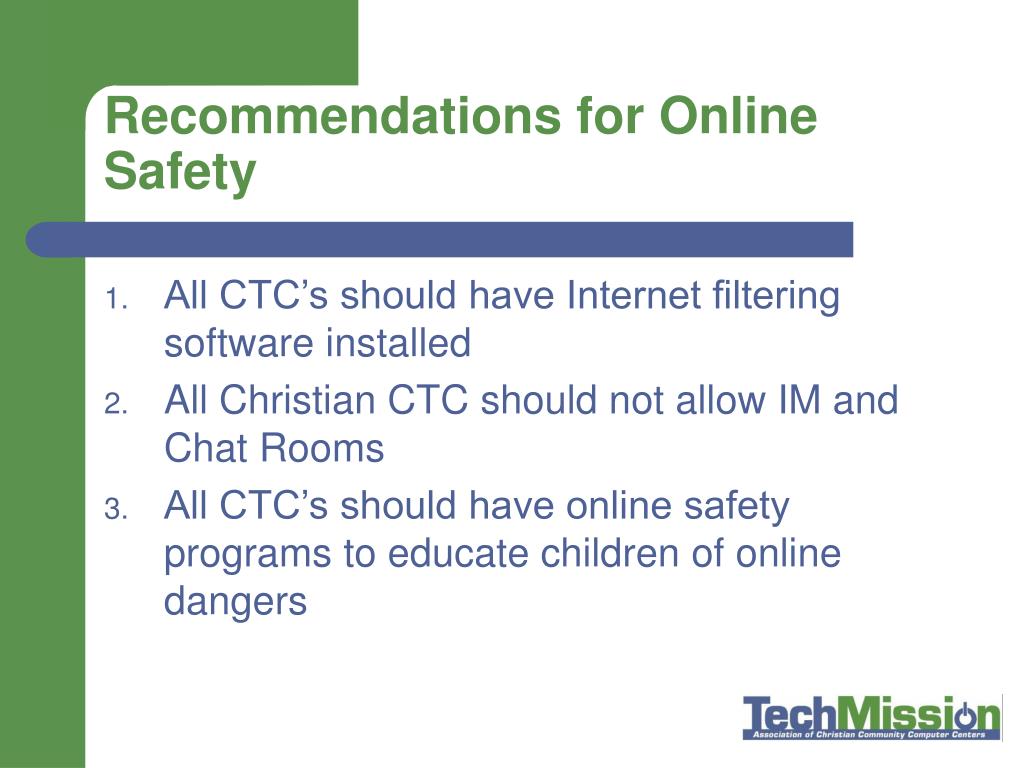
“If this was an American company, they’d be on the precipice of having their services outlawed.”Īwareness and action on the issue is much more advanced across the border, Deibert said. “Do we want to allow Canadian companies to market services and products that are in violation of human rights abroad?” he said. countries like Yemen just in the opposite way they preach.”ĭeibert said the issue goes beyond a single company to a larger public policy question. “It’s another case where first-world countries are dealing with. in dealing with values of freedom and human rights,” he said in an email to the Star, adding that dozens of sites are down in Yemen, including Tumblr. Ibrahim Mothana, a 22-year-old activist living in Sana’a called it “paradoxical” that a Canadian company would contribute to widespread government censorship there.
Internet filtering software christian software#
The software categorizes the popular blogging platform as pornographic.Ĭanada does not have legislation that restricts the sale of web-filtering technology, but anti-censorship advocates say companies should be responsible for monitoring how their software is used. Netsweeper is currently blocking Tumblr in Yemen, where pro-democracy protests have deteriorated into a fierce battle for power. The global web security market, which includes filtering, was valued at $1.8 billion in 2010 and is a fast-growing industry that is predicted to reach $2.5 billion by 2013, according to market-research firm IDC.Īccording to Open Net, Netsweeper provides filtering software to three national Internet service providers in the Middle East: Qatar’s Qtel, UAE’s du, and Yemen’s YemenNet. have said they can’t control how customers use their products.

Other companies that have been found to be providing content-filtering software used by foreign governments to restrict Internet access - like McAfee Inc. O’Neill added that Netsweeper doesn’t sell its software to governments but to telecommunications firms, though he wouldn’t be specific. “There’s no good conversation for us to have,” he said. Netsweeper spokesman Scott O’Neill said that while he disagrees with Citizen Lab’s portrayal of the company, it has adopted a “no comment policy” on the issue. “On rare occasions things can slip through the cracks,” the company said in a 2009 statement.Īccording to the Citizen Lab, Netsweeper took over where Websense left off. Websense responded by developing an anti-censorship policy that states it does not sell its software to service providers involved in government-imposed censorship. Two years ago, OpenNet found that Yemen was using the company’s filtering software to block privacy tools.


was among the first to be hit with criticism over the issue.

Internet filtering software christian free#
It is commonly used to block access to specified websites in many Canadian schools, libraries and businesses.īut beyond our borders that same technology is being used to quash social media-spurred uprisings in the Middle East - and the companies providing the software have come under fire for being the means through which foreign governments repress free speech online.Ĭalifornia-based Websense Inc. Web-filtering technology was developed in the 1990s as a way to restrict access to pornography, among other things. “And many of them do so with respect to human rights content, opposition, gay and lesbian content, all of which is being nicely categorized and blocked by Netsweeper.” “There are a lot of governments out there interested in blocking access to all sorts of content from their citizens,” Deibert said. The Citizen Lab, which is part of the OpenNet Initiative - a collaboration with Harvard’s Berkman Center for Internet & Society and Ottawa's SecDev Group - has conducted extensive research on Internet filtering and surveillance practices. “It’s no doubt a great market opportunity for them,” said Ronald Deibert, who heads the Citizen Lab, which examines human rights in the digital era, at the Munk School of Global Affairs. Netsweeper Inc., a leading developer of content-filtering software based in Guelph, lists telecommunications companies in Yemen, Qatar and United Arab Emirates among its foreign clients.Īccording to the company’s promotional material, its software blocks websites using a “list of 90+ categories to meet government rules and regulations - based on social, religious or political ideals.” Web-filtering software developed in Canada is being used in the Middle East to censor the Internet, according to the University of Toronto’s Citizen Lab.


 0 kommentar(er)
0 kommentar(er)
